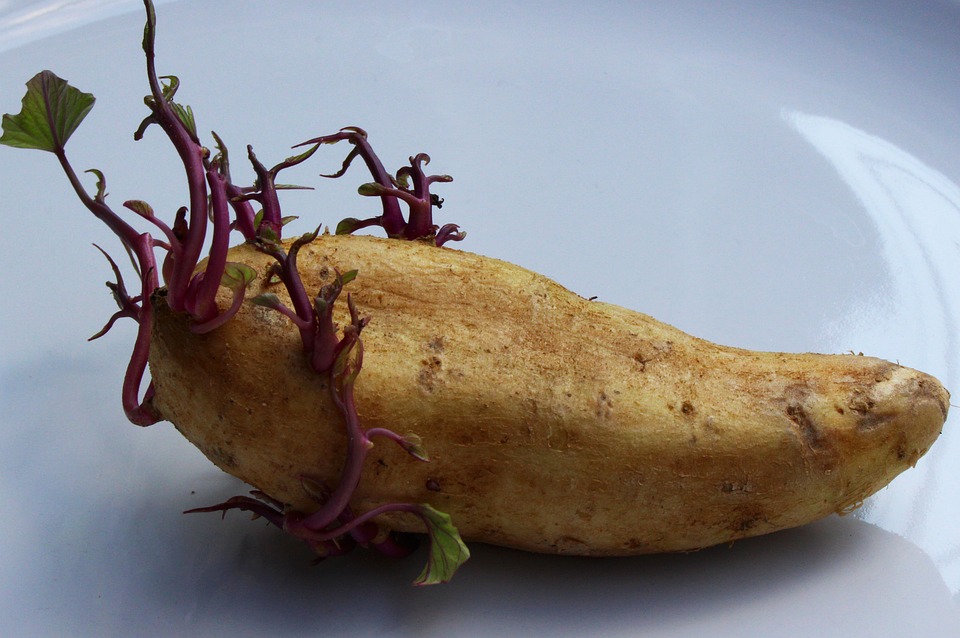Sustainable Farming: Nurturing the Land for Future Generations
I remember the first time I planted my own garden and harvested my own vegetables. It was a feeling of pure joy and accomplishment, knowing that I had taken an active role in nurturing the earth and providing for myself and my family. That moment sparked a passion for sustainable farming and gardening that has only grown stronger over the years. As someone who has spent years living off the grid, I have come to understand the importance of sustainable farming and the impact it has on future generations. In this article, I want to share with you the beauty and benefits of sustainable farming, and how you can join the movement to nurture the land for the generations to come.
What is Sustainable Farming?
Sustainable farming is a method of agriculture that focuses on producing food in a way that is environmentally friendly, socially responsible, and economically viable. It aims to maintain and improve the health of the land, minimize the use of chemical inputs, and support local communities. Sustainable farming practices often include crop rotation, conservation tillage, and the use of natural fertilizers and pest control methods. By working with nature and minimizing the impact on the environment, sustainable farming helps to ensure that the land can continue to provide for future generations.
Benefits of Sustainable Farming
There are countless benefits to sustainable farming, both for the land and for those who work it. One of the most significant benefits is the preservation of the environment. By using natural fertilizers and pest control methods, sustainable farming helps to minimize the pollution of air, water, and soil. This not only benefits the immediate land and surrounding areas, but it also contributes to the overall health of the planet. Additionally, sustainable farming practices help to reduce erosion and improve soil quality, leading to healthier and more productive land for future generations.
Another important benefit of sustainable farming is the promotion of biodiversity. By working with nature instead of against it, sustainable farming methods support a diverse range of plant and animal species, creating a healthier and more resilient ecosystem. This not only benefits the land itself, but it also provides opportunities for wildlife to thrive and contribute to the overall balance of the environment. In the long run, sustainable farming helps to create a more stable and sustainable food system that can continue to provide for future generations.
Pro Tips:
– Rotate your crops to improve soil quality and prevent the buildup of pests and diseases.
– Integrate cover crops into your farming practices to improve soil health and reduce erosion.
Joining the Movement
If you are passionate about sustainable farming and gardening, there are countless ways that you can join the movement and make a positive impact on the land for future generations. Whether you have a small garden or a large farm, there are simple steps you can take to embrace sustainable farming practices and contribute to a healthier and more sustainable future.
One of the most important steps you can take is to prioritize the health of the soil. Healthy soil is the foundation of sustainable farming, and there are several ways you can work to improve the quality of your land. By using natural fertilizers, integrating cover crops, and practicing crop rotation, you can help to maintain and improve the health of the soil, ensuring that it can continue to provide for future generations.
Another key aspect of sustainable farming is minimizing the use of chemical inputs, such as pesticides and herbicides. Instead, consider using natural pest control methods, such as companion planting and biological controls, to manage pests and diseases without harming the environment. By working with nature instead of against it, you can create a healthier and more sustainable farming system that benefits the land for generations to come.
In addition to these practices, consider supporting local and organic agriculture in your community. By purchasing locally grown and organic produce, you can help to support sustainable farming practices and encourage the growth of a more environmentally friendly and socially responsible food system. Additionally, consider getting involved with local community gardens or farmer’s markets to connect with others who are passionate about sustainable farming and gardening.
Closing Thoughts
Sustainable farming is not just a way of growing food; it’s a way of life that nurtures the land for future generations. By embracing sustainable farming practices and working with nature to create a healthier and more resilient food system, we can make a positive impact on the planet and ensure that the land can continue to provide for generations to come. Whether you have a small garden or a large farm, there are countless ways you can contribute to the movement and make a difference in the world. Join me in nurturing the land for future generations through sustainable farming and gardening, and let’s create a brighter and more sustainable future for all.



